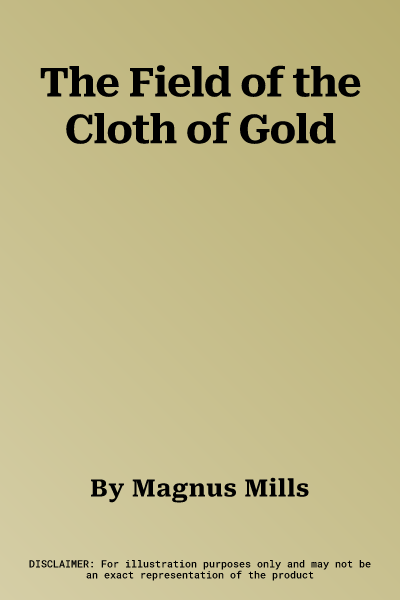A joyous outing from the writer whose work the New York Times
compares to "a Monty Python sketch adapted by Kafka."
Shortlisted for the 2016 Goldsmith Prize
The Great Field lies in the bend of a broad, meandering river. Bounded
on three sides by water, on the fourth side it dwindles gradually into
wilderness. A handful of tents are scattered far and wide across its
immensity. Their flags flutter in the warm breeze, rich with the promise
of halcyon days.
But more and more people are setting up camp in the lush pastures, and
with each new arrival, life becomes a little more complicated. And when
a large and disciplined group arrives from across the river, emotions
run so high that even a surplus of milk pudding can't soothe ruffled
feathers. Change is coming; change that threatens the delicate balance
of power in the Great Field.
Magnus Mills's new novel takes its name from the site of a 1520 meeting,
between Henry VIII and Francis I of France, to improve relations between
the countries as the Treaty of London deteriorated. It allegorically
suggests a number of historical encounters on British soil: the coming
of the Vikings, the coming of the Romans. But The Field of the Cloth of
Gold sits firmly outside of time, a skillful and surreal fable dealing
with ideas of ownership, empire, immigration, charisma, diplomacy, and
bureaucracy. It cements Magnus Mills's status as one of the most
original and beloved novelists writing today.

